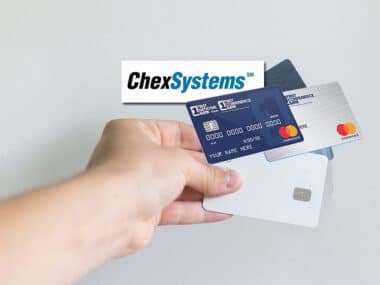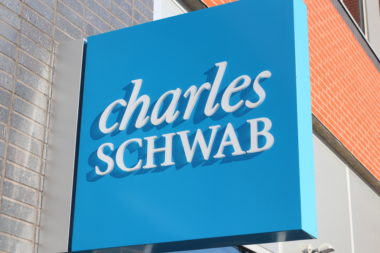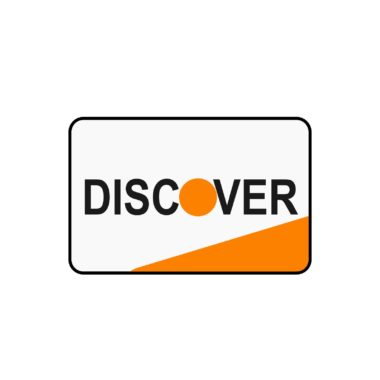If you want to open an account with a financial institution that offers higher interest rates on deposits and a comprehensive approach to customer service, a nearby credit union is a great place to start. Credit unions can be a great resource for services including checking accounts, saving accounts, and loans. When it comes to financing your next big purchase, they can be an excellent choice. Simply compare the national average rates between credit unions and banks for car loans and home mortgages to see the difference.
Despite these benefits, applying for an account with a credit union may seem difficult or off-putting. Credit unions can have different membership or eligibility requirements, and finding the right institution for your needs can get confusing. However, the process isn’t as complicated as it may seem. Follow the steps in this guide to open a new account with a credit union.
Table of Contents
Find and Choose a Credit Union
The first step to locating nearby credit unions is to use the Credit Union Locator, a resource provided by National Credit Union Administration (NCUA). This interactive map will help you find directions to the credit unions closest to you and understand the services offered at each.
However, the process doesn’t end there. Once you’ve compiled a list of nearby financial institutions, you’ll want to do some research to determine which credit union best suits your needs. Some factors you’ll want to look into include:
- Keeping your money safe: All federal credit unions, as well as many state-chartered unions, are federally insured by the NCUA. Accounts with these financial institutions are as safe as any bank account with Federal Deposit Insurance Corporation (FDIC) coverage. In short, no matter what happens to the institution, your money will be protected up to $250,000. If a credit union is not federally insured, be wary.
- Number of branches and ATMs available: The number of branches or ATMs is an important consideration. Are a credit union’s locations easily accessible to you? If not, opening an account with them might be more of an inconvenience than a help.
- Availability of financial services: This one is a no-brainer; if a credit union doesn’t offer the specific services or types of bank accounts you need, cross it off your list. You may also want to be on the lookout for credit unions that offer services that you foresee yourself using in the future. For example, if you are interested in homeownership, you may want to find a credit union that offers mortgages. Being a loyal credit union member for a few years could lead to better rates on such services down the line.
- Rates and fees: In compliance with the Truth in Savings Act, credit unions must disclose information on fees, interest rates, annual percentage yields, and any other terms for financial services. As a consumer, this information can be invaluable when it comes to comparing credit unions — so be sure to use it!
Become a Member
While banks are open to anyone who wants to apply, membership requirements to join a credit union can vary greatly. There are credit unions designed for teachers, state/city employees, active military personnel or veterans, and much more. Some broad examples of requirements include:
- You’re a family member of someone who is already a member;
- You’re a member of a certain group or association;
- Residence in a designated geographic area;
- Employed in a certain industry or by a specific employer.
To determine if you are eligible to become a member of a specific credit union, go to the institution’s website. If you have difficulties finding the requirements online, you can call customer service to reach a union representative who will walk you through them.
Create a Financial Account
Once you’ve chosen a credit union, it’s time to become a member by opening an account. You may either go to a physical branch or open a credit union account online. There are a few things you’ll need to open a bank account:
- Driver’s license, passport, other state-issued ID;
- Social Security or tax identification number;
- Date of birth;
- Contact information, including your phone number and address.
If anyone will be opening an account with you, they will also need to bring their information listed above. If you’ll be opening a savings account, you’ll also need an existing checking account to connect it with.
Further, if you’ll be opening a business account, be sure to bring your:
- Business license;
- Certificate of assumed name or “doing business as” filing;
- Partnership agreement with the name of all owners (if applicable);
- Monthly credit card revenue.
Using the above, you should be able to apply to open a new account. Note that some credit unions may check your credit history. For example, if you’re applying for a credit union credit card, you can be sure that your credit will be checked.
If you go to a physical branch, you may be able to open your account after a relatively quick application process. Or, processing your application could take a couple of days, and you may have to wait up to 10 business days before you hear back from the credit union. This can vary based on the nature of the services you’re seeking, the credit union, and your unique financial situation.
Make a Deposit
When opening a checking or savings account, you’ll need to make an initial deposit, though this amount will vary depending on the credit union. While banks are for-profit institutions, credit unions are, by definition, nonprofit. The money you put into your account isn’t used to generate profit; instead, depositing that money is essentially purchasing a share of the institution.
The amount you’ll need generally ranges from $5 to $25, but you should bring at least some money in cash — or an account and routing number for an existing checking account — to pay this fee.
Use Your Account
Once you’ve completed the steps outlined above, you’ll be a member of a credit union. There are some best practices you should follow to ensure that you get the most out of your new account. For example, if you opened a savings account, you may be able to use it to improve your financial situation. Savings accounts with high-interest rates, such as money market accounts, can be used to earn money over time. Interest income is an excellent way of making your money work for you.
There may also be options when it comes to accessing your credit union’s services or paying your bills online. Ask a credit union representative if they offer a mobile app, as these can typically be used to budget and track finances, make mobile deposits, and send finance-related alerts.
Image Source: https://depositphotos.com/





